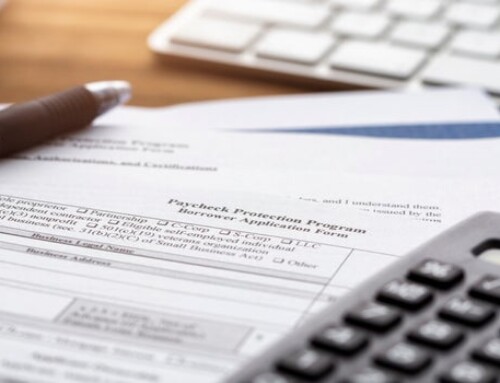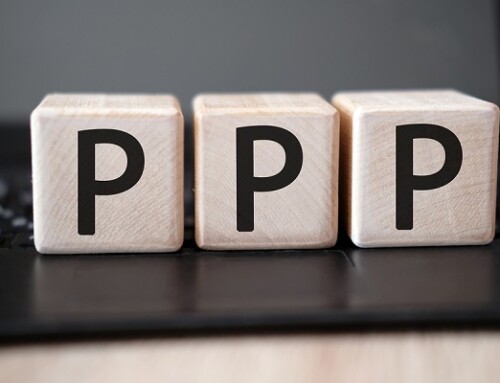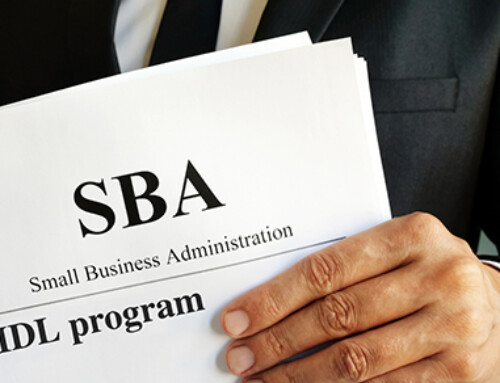Are you thinking of creating a partnership for your business?
Let us start with some good news: Forming a business partnership is usually tax-free. Of course, this is tax law, so you must meet the basic requirements for a tax-free formation, and you need to avoid the situations that cause you to owe taxes on the transfer of property.
Requirements to Qualify
To qualify for tax-free creation of a partnership, you must exchange property for a partnership interest.
Overall, the partnership rules are extremely flexible: they provide for tax-free transfers whether forming a new partnership or bringing a new partner into an existing partnership, regardless of the size of the partnership interest received.
Partnership Interest Exchanged for Services Is Taxable
If you exchange services for a partnership interest, you recognize income equal to the value of the partnership interest received.
Tax Consequences of Property Transfer
If you transfer property for a partnership interest, the following occurs:
- You recognize neither gain nor loss upon transfer.
- Your basis in the partnership interest is the adjusted basis of the property transferred plus cash contributed.
- Your capital account (which is a measure of your economic investment in the partnership) is the fair market value of the cash and property contributed.
- Your holding period in the partnership interest includes the holding period during which you held the property you transferred, if that property was a capital asset or a Section 1231 property in your hands.
The following apply to the partnership:
- The partnership recognizes neither gain nor loss when it receives cash or property from a partner.
- The partnership’s basis in the property received is its adjusted basis.
- The partnership’s holding period in the property includes your holding period.
Can You Owe Taxes?
Yes, in a few situations:
Boot. There’s no provision in the tax code for you to receive cash and/or property from the partnership in the transaction (also known as “boot”). So, if you receive boot in a transfer of property to a partnership, you will have a taxable transfer.
Transfer of debt. Your basis in your partnership interest cannot be less than $0. Any event (such as the transfer of debt to a partnership) that would reduce your basis in your partnership interest below $0 creates taxable income to the extent it exceeds your basis.
Avoid Taxes
Avoid tax-generating headaches by adhering to the following practices:
- Don’t receive a partnership interest in exchange for services to the partnership.
- Don’t receive “boot” when exchanging cash and/or property for a partnership interest.
- If you transfer debt to a partnership, be sure you have sufficient basis in your partnership interest to avoid having to recognize taxable income.
- Don’t engage in subsequent transactions that could lead to a disguised sale reclassification.
We Can Help
If you decide to form the partnership and it’s simply going to be cash investments for partnership interests, you don’t have tax problems on the transfers.
But if you or your partners are going to use an asset other than cash to get started, we should spend some time together analyzing the tax results that could come about with the transfers.
Actually, it’s probably a good idea for us to discuss the partnership formation even if cash is the only transfer. We’re saying this because there are tax planning opportunities with the partnership that we should set up at the beginning.





